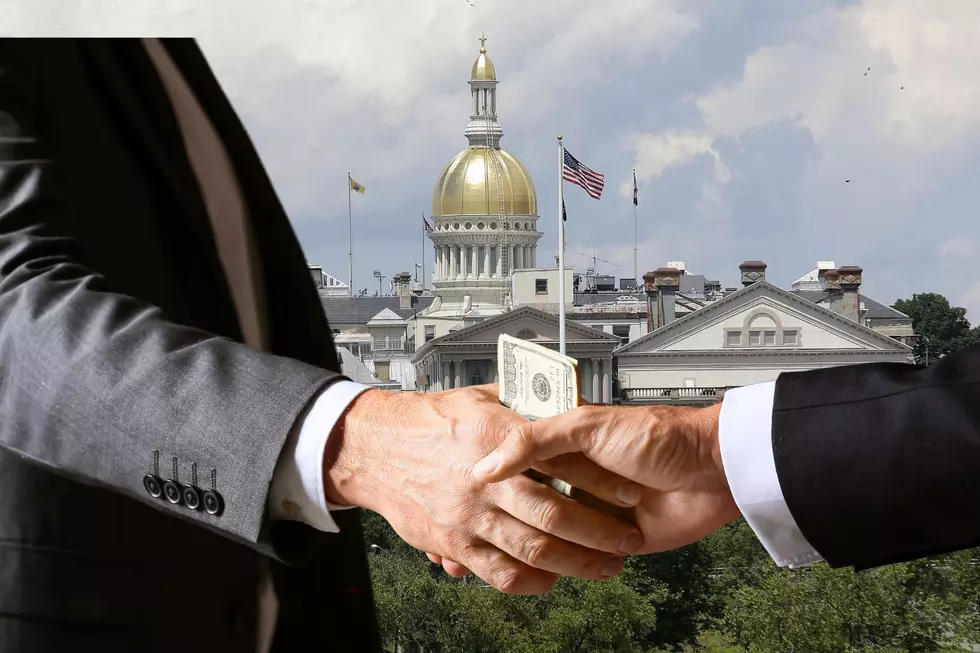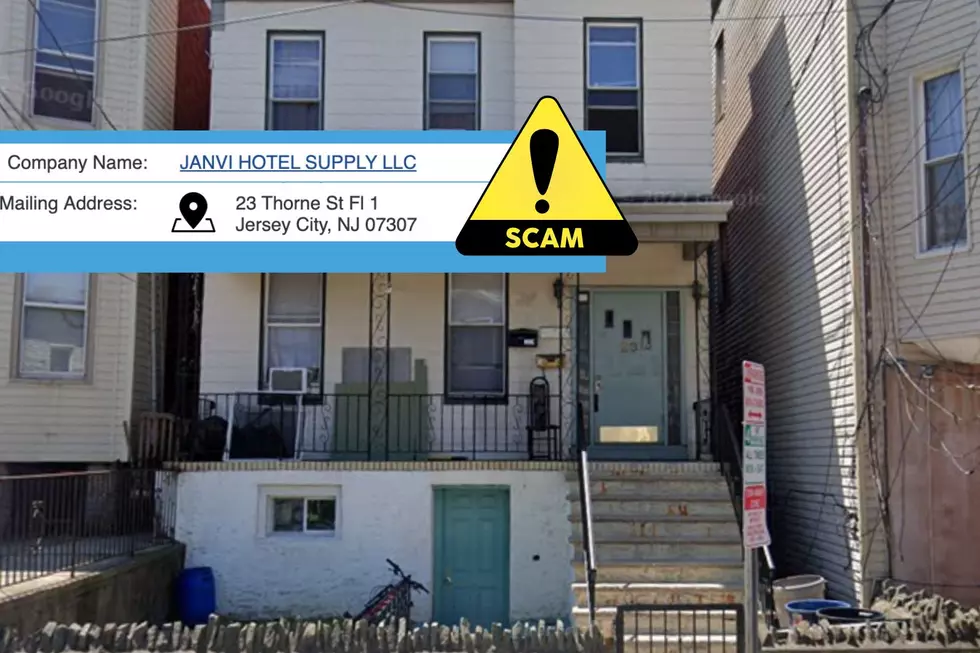
Property taxes jumped another $639M in NJ in 2018
Property taxes across New Jersey increased by another $639 million in 2018, now approaching a cumulative $30 billion.
By some measures, the news was relatively good for taxpayers. The bill on the home assessed at the statewide average went up by the smallest amount in decades – up $77, or 0.9 percent, to $8,767, in part because the statewide tax ratable base increased by the most since 2009.
The increase in the total levy was 2.2 percent, pushing it to $29.8 billion. The increase was more than the prior year’s 1.7 percent, but it marked the eighth consecutive year in which the levy increased less than 2.6 percent.
“And it’s clearly better than what we’ve seen in the past, particularly if you look at the past 15 or almost 20 years where we had numbers at some points that were going up 8 or 9 percent a year,” said Marc Pfeiffer, assistant director of Rutgers University’s Bloustein Local Government Research Center.
Pfeiffer said the numbers reflect the impact of tax levy caps approved in 2007 and 2010 and a now-expired cap on arbitration awards for police contracts. The current levy cap is 2 percent with a limited number of exceptions for pensions, health benefits, debt, construction and emergencies.
“The combined caps have managed to keep local property tax levies at what’s probably the lowest rate of increase we have seen in probably 30 or 40 years, if not longer,” Pfeiffer said.
The numbers cited for this report were compiled by New Jersey 101.5 News from county abstracts of ratables and average home assessment data from the state Division of Taxation. The official data from the Department of Community Affairs isn’t expected to be available until late January or early February.
Gov. Phil Murphy’s office said the slower growth in the average tax bill reflect the benefits from a $350 million increase in school aid, possible in part because the income tax on 8,000 “mega-millionaires” was increased in a move expected to raise the state around $280 million.
“The investments Gov. Murphy has made in our public schools and in middle-class tax relief by asking those with incomes over $5 million to pay a little more are proving to be effective,” said Matthew Saidel, a Murphy spokesman. “These investments, especially those being made directly in our classrooms, are benefiting our students while taking some of the weight off the shoulders of our property taxpayers.”
Murphy’s office says 31 towns had reductions in both school levies and property taxes. But Jersey-wide, despite increases in state aid in the last two state budgets, school taxes were up 2.3 percent in 2018, or $348 million – the second highest pace in the last eight years.
School taxes now total nearly $15.5 billion. Municipal taxes increased $186 million to almost $8.7 billion. County taxes were up more than $94 million to $5.3 billion. And levies from special taxing districts in 136 municipalities – for garbage, fire and other services – were up $10 million to $317 million.
When asked about property taxes, Murphy generally points to two efforts: Increasing school aid and appointing bipartisan shared services czars.
“Believe me, we have people every single day working on cutting the burden of property taxes. By example, shared services,” Murphy said last month. ““That’s an obsession of ours as an example.”
Murphy’s office says the Jan. 15 State of the State will outline plans to improve the financial security of middle-class families, though it hasn’t specified what that will mean. The governor said last month he’d love to include a tax break if the state’s books can still be balanced.
“I’d like to frankly deliver tax relief to certain communities in our state,” Murphy said.
The average assessed home value in New Jersey was $316,710 in 2018, up nearly $9,800 from a year earlier.
A lot of that increase derived from revaluations in Jersey City, where the average home assessment went from $90,979 in 2017 to $433,320, and Weehawken, where the assessed value of the average home went from $245,847 to $744,412. Including commercial property, the Jersey City revaluation accounted for more than 60 percent of the $46 billion increase in assessed value statewide.
The average residential tax bill dropped 9 percent in Jersey City, helping keep the statewide increase down to 0.9 percent.
However, the average bill increased by more than 0.9 percent in 77 percent of New Jersey cities and towns.
New Jersey: Decoded cuts through the cruft and gets to what matters in New Jersey news and politics. Follow on Facebook and Twitter.
Michael Symons is State House bureau chief for New Jersey 101.5 and the editor of New Jersey: Decoded. Follow @NJDecoded on Twitter and Facebook. Contact him at michael.symons@townsquaremedia.com
More From New Jersey 101.5 FM









